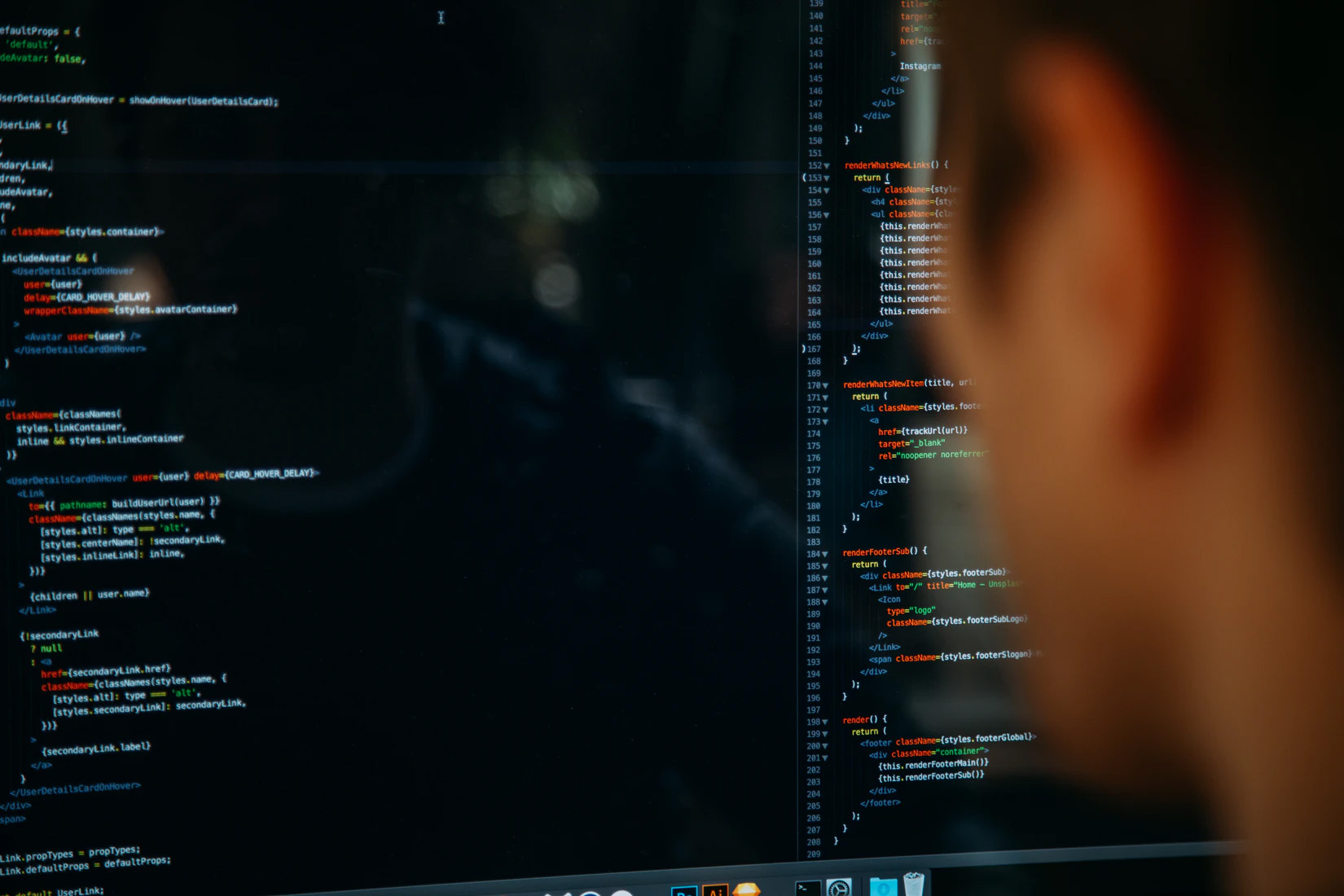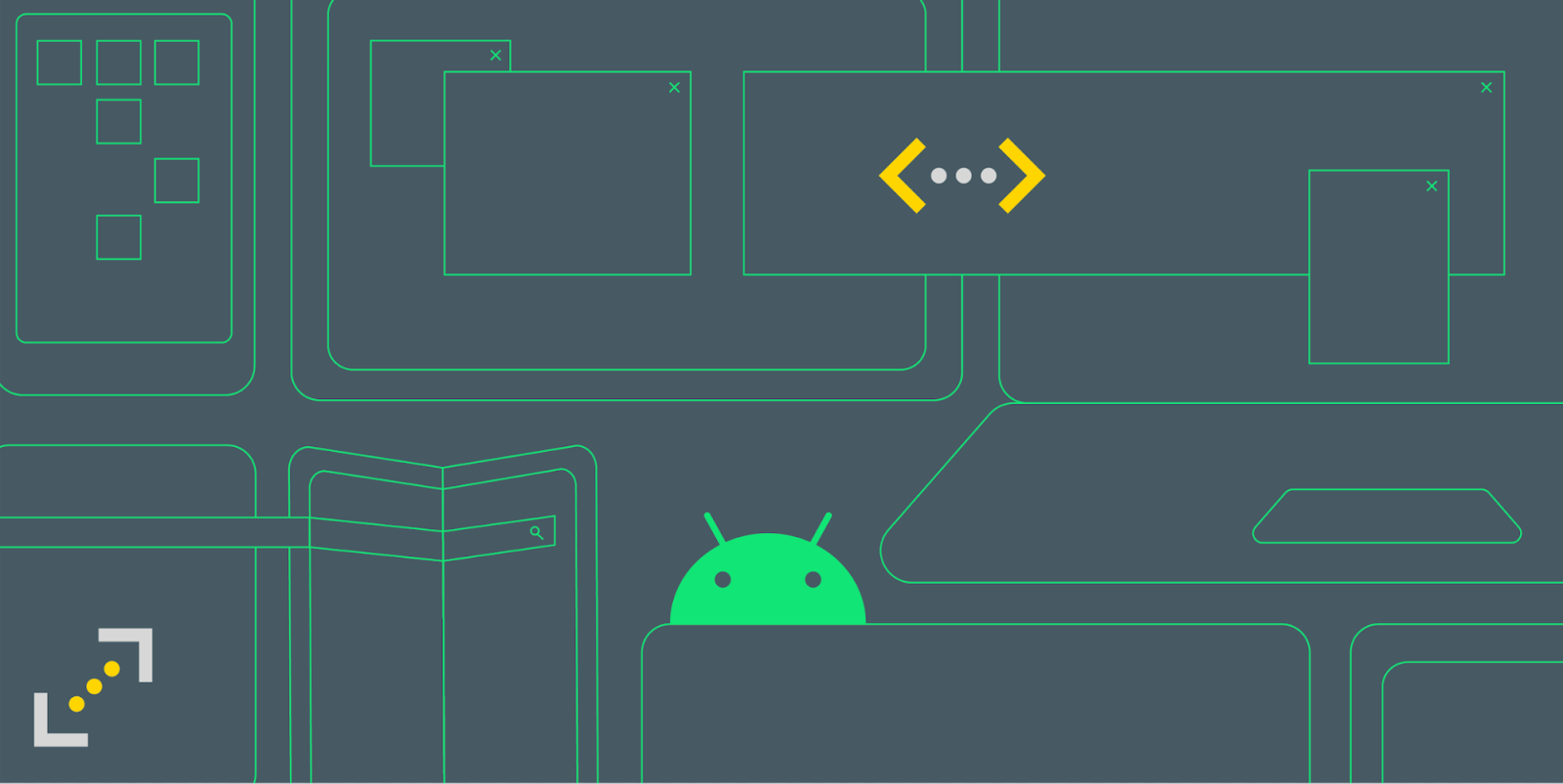During the COVID-19 pandemic, the spread of wrong information has increased exponentially. With so many people using social media networking sites, how can health officials win the fight against misinformation?
A study published earlier this month in the peer-reviewed Journal of Medical Internet Research revealed that an AI algorithm could track conspiracy theories. Such a machine learning tool may be a suitable opponent for widespread misinformation.
The infodemic, as labeled by the World Health Organization, can become dangerous. New research showed that almost 6,000 people were admitted to a hospital, while around 800 could have died due to misinformation. “During a health crisis, when many things become uncertain, and people are feeling extremely anxious, the spread of false information can become deadly,” WHO explained.
Misinformation explained
It is a well-known fact that fake news can travel faster than accurate information. An 11-year long study from the Massachusetts Institute of Technology found that 126,000 rumors shared on Twitter were spread much quicker than truthful information. An explanation could be that inaccurate content is more likely to have a shocking effect. For this reason, people tend to share it more extensively and causing that misinformation to become viral.
In case of a tremendous health crisis such as the coronavirus pandemic, this happened due to general panic. With everything being so uncertain all of a sudden, people became more skeptical than ever. Although this is a normal reaction to a pandemic, which causes significant life changes, it is essential not to fall victim to misinformation. However, that can be easier said than done when a lot of conspiracy theories arise.
Conspiracy theorists have been spreading false information since the pandemic started, which has misled people greatly. For instance, some people started saying that the coronavirus is a simple flu and that health officials exaggerate its seriousness. On the other hand, others have spread false information regarding the treatment of this novel virus. Both theories had major consequences when people ended up in the hospital in a grave state or when it was too late.
Similarly, now that pharmaceutical companies are developing vaccines, new conspiracy theories have emerged. Covid-19 vaccines can cause infertility, or they will change people’s DNA, are some of the pieces of information not based on scientific research that people have been spreading. This generated more panic and paranoia that influenced people against getting vaccinated.
How can an AI tool fight misinformation?
AI technology works by developing the machine learning tool with specific computer-based programs that are meant to learn information by themselves.
The JMIR study’s focus is on finding a way to identify conspiracy theories online and gain a more in-depth understanding of how they spread and change in time. By doing this with a machine learning tool, tracking misinformation might not be as difficult. Plus, health officials could be able to detect conspiracy theories before they are too widely spread and combat them with factual and well-researched infographics.
The JMIR study implied using four of the most spread conspiracy theories on Twitter related to the COVID-19 pandemic. Based on them, researchers created models for machine learning that could highlight misinformation on social media. By noticing the way in which people discuss and share conspiracy theories can an algorithm identify them.
WHO and UK unite to fight misinformation
The World Health Organization has teamed up with the UK Government to fight against the multitude of misinformation on social media. The collaboration promises to create and share factual information regarding the coronavirus jointly. This means generating campaigns that include accurate facts on the virus’s symptoms, its spread, and how to fight the pandemic through immunization.
“Stop the Spread” and “Reporting Misinformation” are two of the campaigns WHO and the UK created. The latter proved to be a success as it became one of the most accessed pages on the official WHO website. This campaign is designed to provide essential tools for checking the accuracy of online information and reporting material from unreliable sources.
Limiting digital freedom is not the answer
While spreading inaccurate information is wrong and can cause more general panic and harmful actions, enforcing freedom of speech in the digital environment is a violation of fundamental rights. Not having access to the internet can limit people a great deal, as it keeps them away from updated information. Digital restrictions increase uncertainty, which already comes with a global health crisis. People who are not allowed to access vital information won’t be able to take the necessary precautions to protect themselves against a new and unknown threat like the coronavirus.
What’s more, if health professionals cannot stay updated on the evolution of the pandemic, they will not be able to give patients the proper help. Besides that, doctors and scientists worldwide need to be able to access credible medical information to research the novel virus and stop the pandemic. So, doctors are unequipped to understand the new disease properly for the countries in which the internet is incredibly limited.
In addition to not having access to critical information, according to Techshielder, citizens from countries in the Middle East and North Africa are punished if they criticize their respective governments’ actions. Using the pretense that they are protecting their citizens from acquiring false information, governments are limiting freedom of speech and arresting whoever speaks out.
The fight against conspiracy theories and battling misinformation can be challenging, especially during a pandemic when people are already scared and skeptical. However, putting restrictions on digital liberty will do more harm than good. So, other solutions are needed. For this reason, researchers are focusing on finding innovative ways to tackle misinformation.
A health crisis as severe as the coronavirus pandemic has many consequences. As shown in the last year, the pandemic affected world economies due to necessary global lockdowns. Misinformation has only worsened the situation, with people not knowing what to believe anymore. However, people can learn how to only search for accurate and credible information online. A way of doing this is by making sure the source is credible and properly accredited. Besides, health officials and some governments are finding ways to combat conspiracy theories in an attempt to slow down the pandemic.












Comments